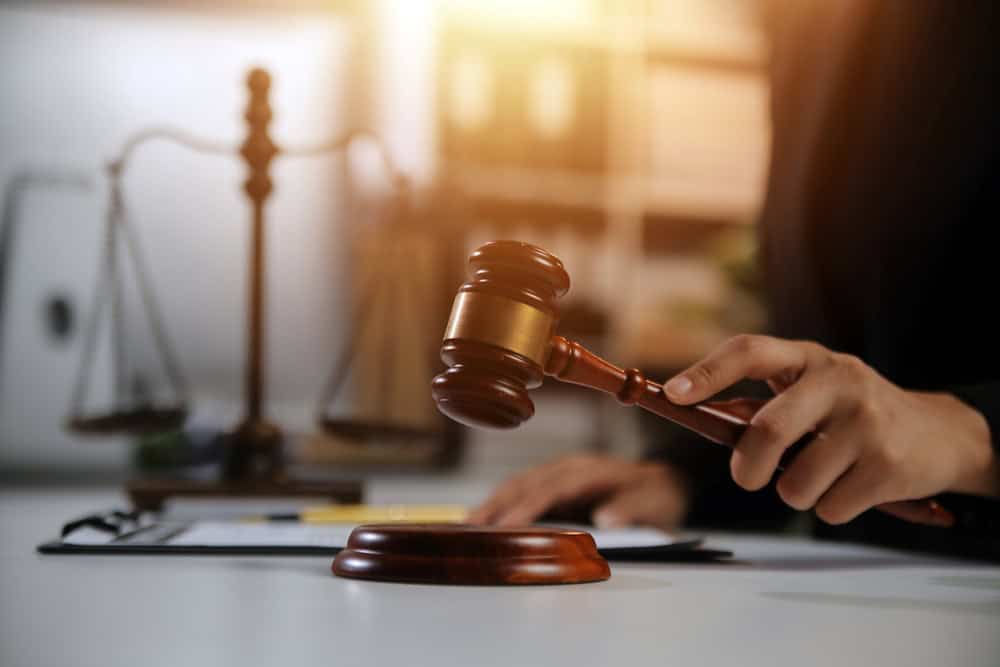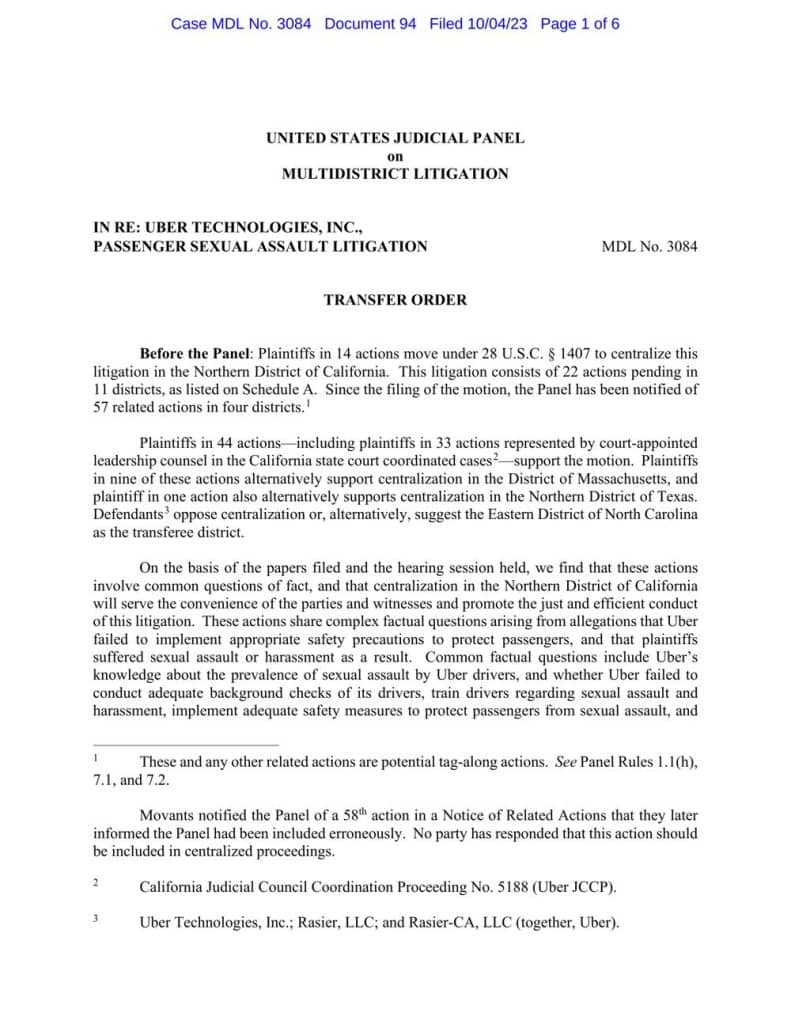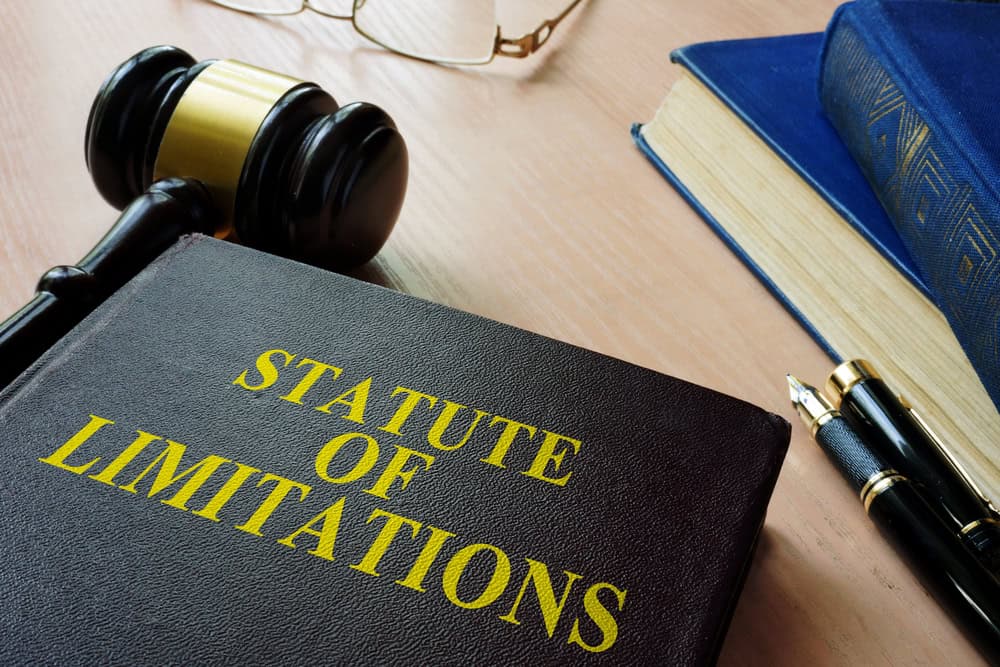Uber is planning to tighten its background screening policies to permanently exclude individuals convicted of violent felonies, sexual offenses, and child or elder abuse from driving on its platform after investigations revealed its previous seven-year cutoff allowed drivers with serious criminal histories in many states, a change that comes as the company faces heightened scrutiny and litigation over rider safety. [SOURCE: NEW YORK TIMES]






